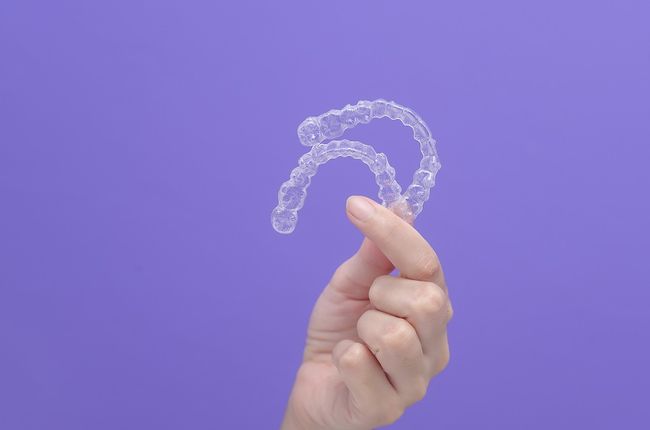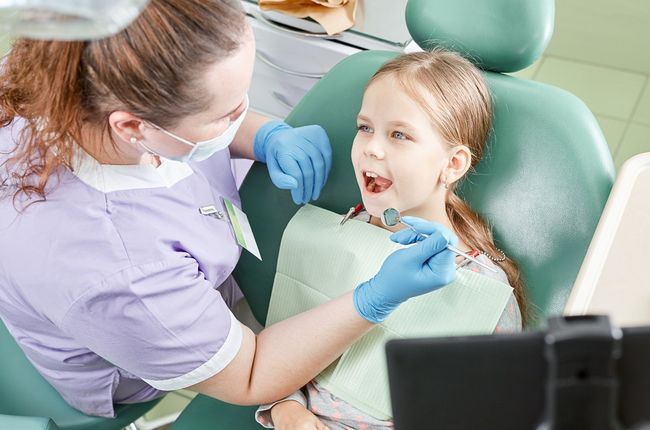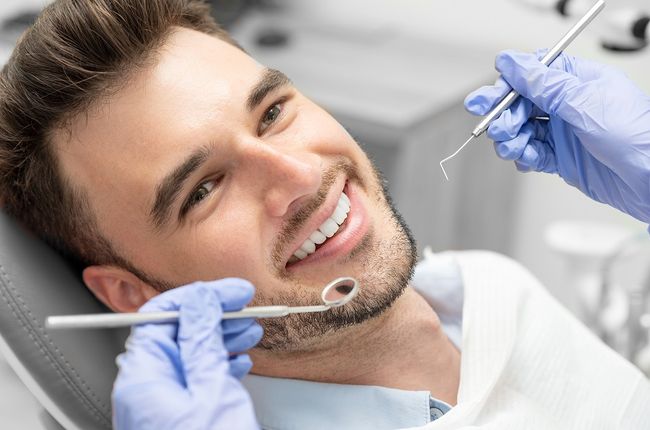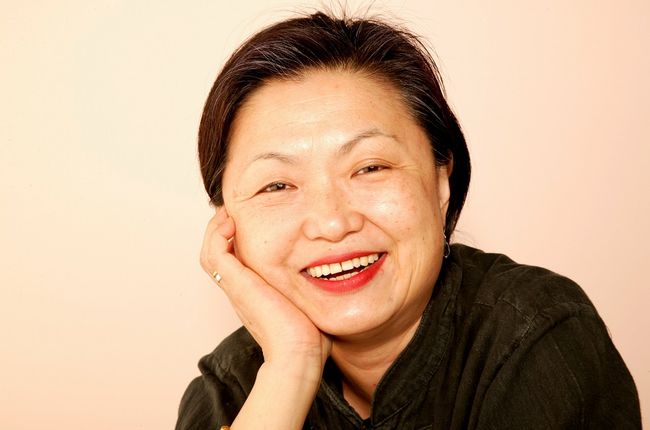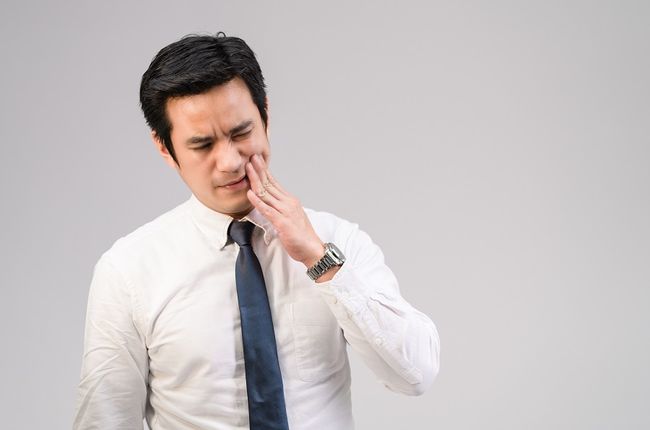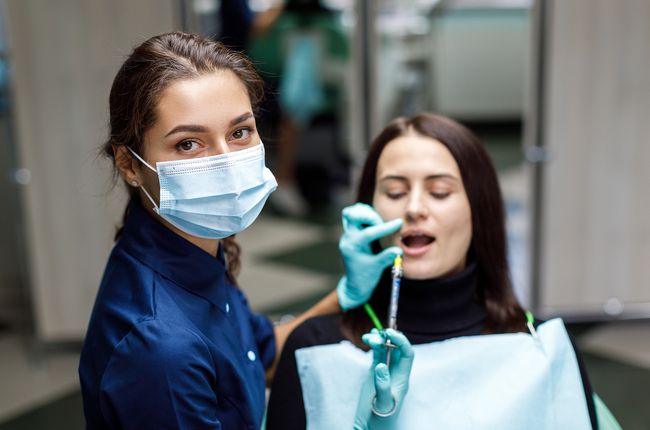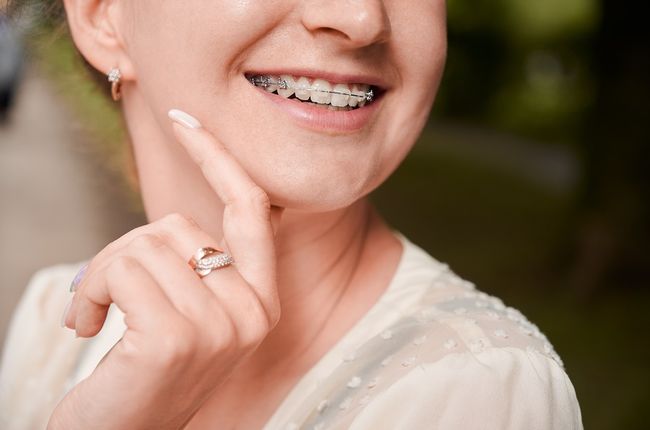Sleep Dentistry
Snoring and sleep apnea are common problems you might experience during your sleep. Dental sleep medicine is an area of dental science focusing on oral appliance therapy to treat all the sleep-disordered breathing such as snoring and obstructive sleep apnea. We work to identify the best possible treatment for your problem.
In general, continuous positive air pressure therapy or CPAP therapy is administered to treat the condition. But if you experience trouble tolerating such therapy, we will offer you oral appliances. These appliances are customized according to the shape and structure of your jaw, thus offering extreme comfort while you are asleep.
What are Snoring and Obstructive Sleep Apnea?
Before the treatment, we may refer you to a sleep study so that a proper diagnosis of your problem can be made. It is because, in some cases, snoring may suggest the occurrence of sleep apnea. If you have snoring and there is no threat of sleep apnea, we may treat your condition with prescription medicine or oral appliance. If you have sleep apnea, we will discuss multiple treatment options with you.
Obstructive sleep apnea occurs when the tissues in the back of your throat collapse, thereby blocking the airway while you are asleep. It also cuts the amount of oxygen delivered throughout your body. When your blood-oxygen levels drop low, you wake up momentarily. Sometimes, you may not even realize that you have woken up because of this condition.
How are Snoring and Sleep Apnea Treated?
- Oral Appliance Therapy
After learning about your oral history and concern, we suggest oral appliance therapy for the treatment of snoring and obstructive sleep apnea. This device is worn in the mouth during your sleep. An oral appliance is similar to a sports mouthguard and orthodontic retainer.
We will take the impressions of your mouth and customize the device for you to ensure a proper fit. The use of this appliance prevents the airway from collapsing by supporting your jaw in the forward position.
- Upper Airway Stimulation
Under this treatment, we will put a small electrical device into your chest, just below your skin and above the ribs. This device contains an electrode connected to the nerve controlling your tongue muscles. A small electrical charge stimulates your tongue to clear the airway while you are asleep, thus making it easier to breathe.
- Surgery
Surgery is the last resort to treat sleep apnea. We may remove the soft tissue from the back of your palate and take out your uvula. Other surgeries on your jawbone, soft tissues, or nose may also be performed.
To find out more about the dental services offered at South Friendswood Dental, call (281) 482-7731 or schedule an online consultation. You can also visit us at 699 S Friendswood, Dr Suite, #108, Friendswood, TX 77546.

